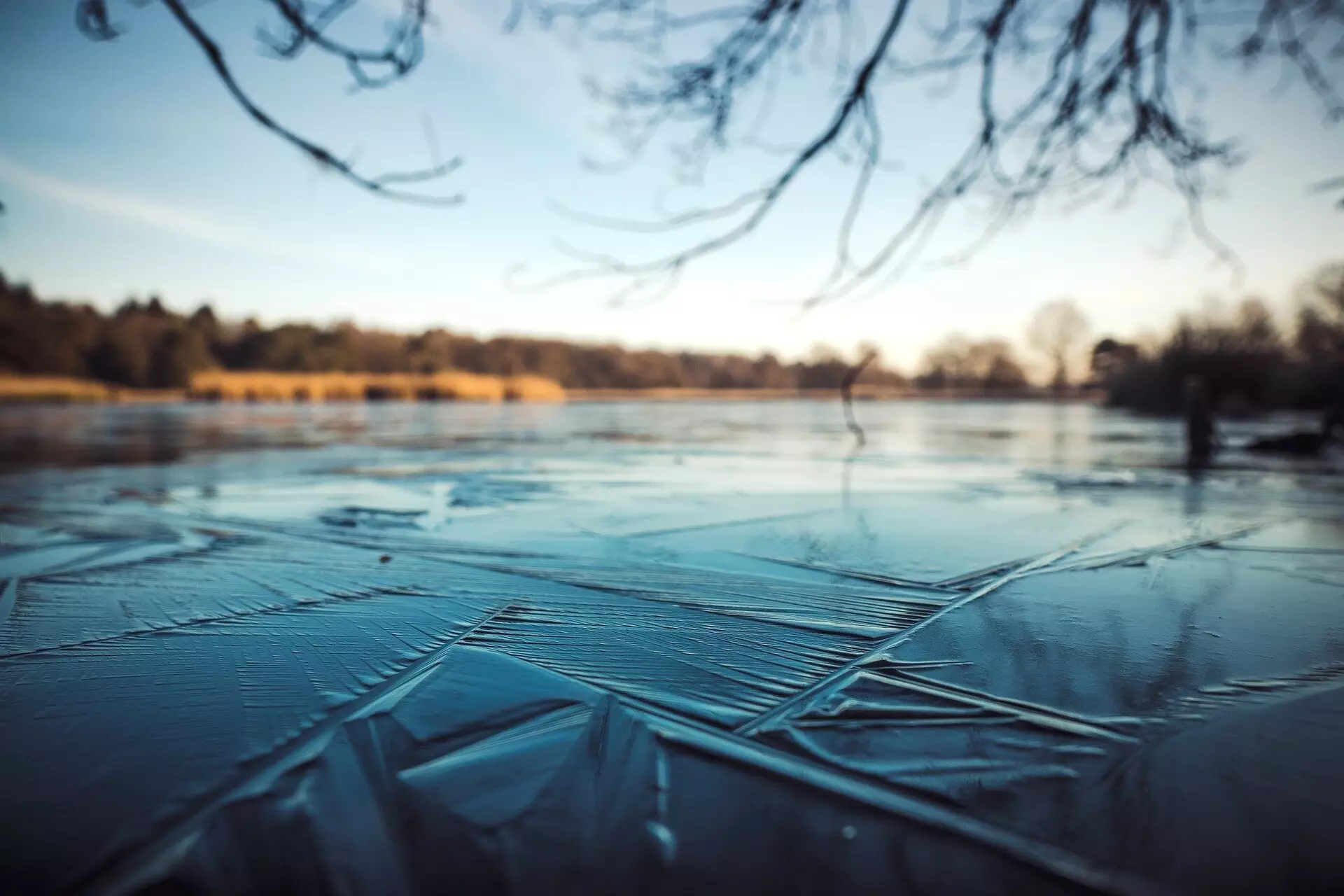As global temperatures continue to rise, the iconic image of frozen lakes during winter is becoming increasingly rare. An international team of researchers, helmed by fresh-water ecologist Stephanie Hampton from Carnegie Science, has called attention to this alarming trend, elucidating how the gradual disappearance of ice on lakes has serious repercussions for ecosystems, communities, and the intricate web of global nutrient cycles. The findings have been published in *Science*, revealing an urgent need to revamp our understanding of freshwater ecology, especially in the winter months.
Over the past 25 years, significant changes have taken place in the duration that freshwater lakes remain frozen. The study indicates that lake ice is melting approximately one month earlier than historical trends suggest—a phenomenon that has increased the average duration of ice cover by a staggering 31 days over the last 165 years. Thousands of lakes, once reliably frosted during winter, are now experiencing ice-free seasons, disrupting longstanding ecological balances that many communities depend upon for drinking water, recreation, and cultural identity.
Hampton emphasizes that these disruptions pose a multifaceted threat, extending beyond mere aesthetic changes. “Many communities rely on these lakes,” she observes, highlighting their vital role in human activity and spiritual practices.
The Effects on Biodiversity: Ecological Imbalance
Alterations in ice cover are not just a seasonal inconvenience; they have far-reaching consequences for the delicate biodiversity that thrives in freshwater environments. The melting ice directly impacts the living organisms reliant on cold-water habitats. Species that thrive in winter conditions, particularly certain fish types, face an existential threat. Concurrently, warmer temperatures often favor invasive species, creating a hostile environment for indigenous wildlife.
Temperature fluctuations disrupt the natural balance within aquatic food webs, leading to reduced fish populations and altered community dynamics. The researchers stress the necessity of targeted studies in this arena to grasp the long-term impacts these changes will have on biodiversity, particularly how invasive species alter the equilibrium of local ecosystems and threaten endemic species.
The implications of reduced ice cover extend far into the biochemical processes that govern lake health. Warmer water temperatures correlate with increased instances of harmful algal blooms, particularly cyanobacteria, which not only threaten aquatic life but also present health risks to human populations. These toxic blooms thrive in warmer waters and can have dire effects on drinking water quality. Furthermore, low-oxygen conditions created by these blooms can liberate harmful metals from lakebed sediments, introducing new complications for water quality that necessitate immediate attention.
As the metabolic processes of lakes are disrupted by warming temperatures, we must recognize that lake ecosystems play a critical role in biogeochemical cycles. The research highlights an urgent need for more in-depth analyses to understand the relationship between changing ice conditions, nutrient cycles, and overall water quality.
The Global Carbon Cycle: An Overlooked Factor
The significant impact of ice loss on the global carbon cycle merits further scrutiny. Ice cover contributes to carbon sequestration by trapping atmospheric carbon in lakes. Conversely, warming conditions are known to release more greenhouse gases like methane and nitrous oxide, which exacerbate climate change. As lakes lose ice cover, they experience increased evaporation rates, further impacting local water supplies and potentially exposing surrounding communities to extreme weather phenomena, such as intensified snowfalls and erosion.
Hampton and her research team see the investigation into lake contributions to the water cycle as an essential area for future studies. The insights gleaned from this research will be crucial for developing strategies aimed at mitigating the widespread impacts of changing lake ice conditions.
Hampton’s extensive experience, particularly through her preliminary studies in icy regions like Lake Baikal, has underscored the importance of wintertime ecosystems. Despite traditional hesitations regarding ice research, Hampton advocates for a new research paradigm that prioritizes safe methodologies for studying iced-over lakes. Their efforts include initiatives such as the “winter school” in Wisconsin, aimed at equipping early-career researchers with the skills required for safe and impactful ice research.
As we confront a shifting climate, it is paramount that we enhance our understanding of the intricate roles lakes play in maintaining ecological balance and supporting human communities. The consequences of lake ice loss ripple through ecosystems and human interactions, altering life in ways that can no longer be ignored. Hampton’s work brings forth a clarion call for deeper exploration, spurring not just curiosity but also a commitment to understanding the complexities at play in our freshwater systems as they continue to change.


Leave a Reply